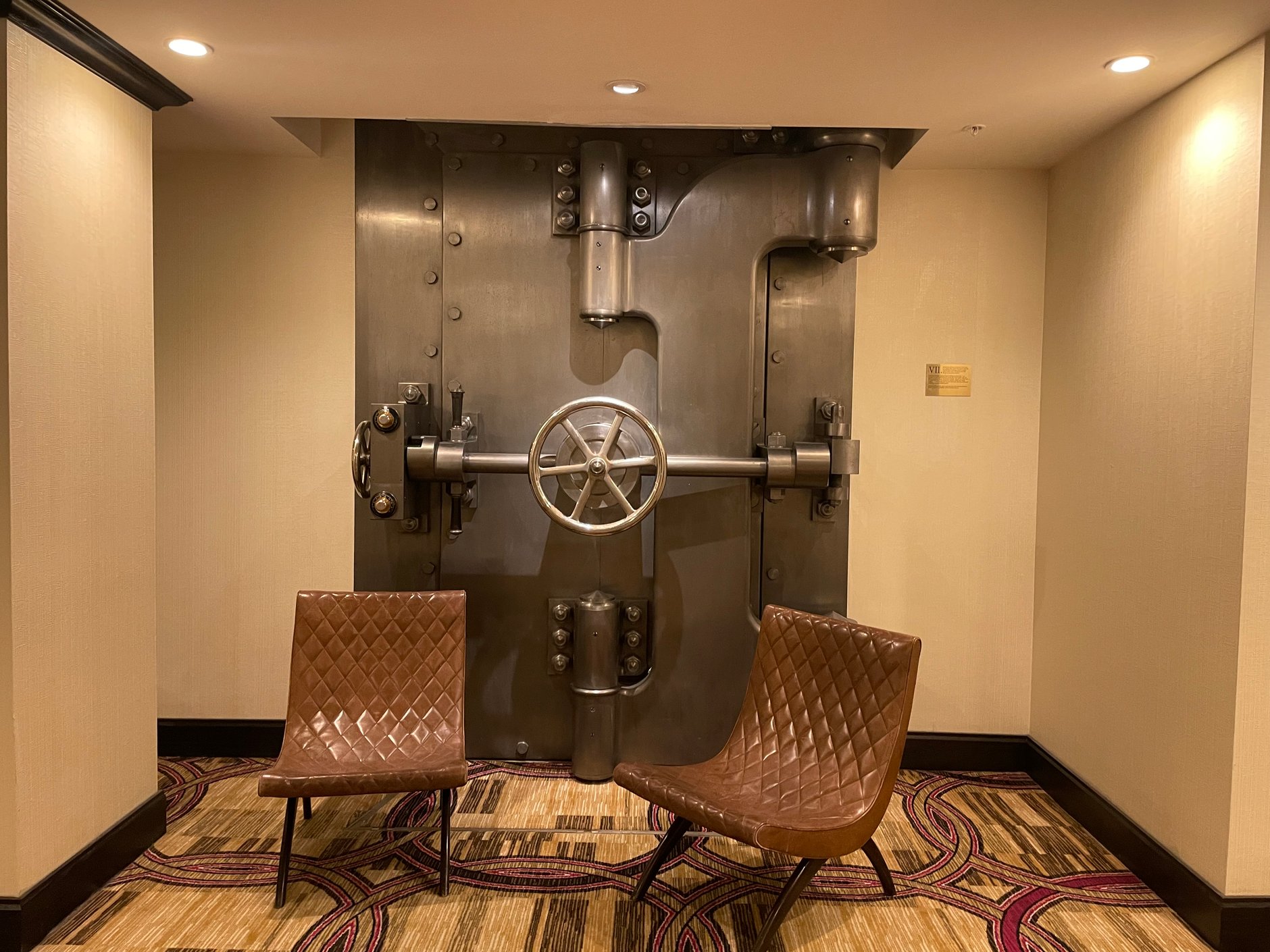DENVER (CN) — With banking apps offering borrowers access to applications virtually anywhere, it was a matter of time before a judge was asked to clarify where a given loan was technically established. On Tuesday, as Colorado asked the 10th Circuit to reverse a lower court’s injunction blocking it from enforcing statewide interest rate caps, the state argued a loan is made wherever a borrower signs it.
“The banks want to rob Colorado of one of its oldest rights and create a race to the bottom to set up in states with virtually no interest rate caps,” argued Brian Urankar, a senior assistant attorney general.
With the Colorado Uniform Consumer Credit Code in July 2024, the Centennial State capped the interest rates banks can charge local consumers. The National Association of Industrial Bankers, the American Fintech Council and the American Financial Services Association sued the state in March 2024, arguing it lacked the authority to regulate national bank rates governed by the 1980 Depository Institutions of Deregulation and Monetary Control Act.
Under the federal law, the banks argued, states can only regulate state-chartered bank loans because national bank loans are made wherever the national office is located. U.S. Judge Daniel Domenico, a Donald Trump appointee, granted the banks’ motion for a preliminary injunction, finding loans are “made by the bank, and that where a loan is made does not depend on the location of the borrower.”
In its appeal, Colorado counters that rate caps are necessary to protect consumers from predatory interest rates like Utah-based TAB Bank’s offer of a $5,000 loan with a 199% interest rate.
Urankar attempted to begin his argument by outlining three points, but U.S. Circuit Judge Richard Federico cut in.
“I’m sorry, it sounds like you have a good agenda there, but I want to ask you about the cause of action,” the Joe Biden appointee said. “Do you believe the court’s equity powers in the original complaint allowed the banks to bring a private right of action?”
“We believe the law creates a cause of action, but it doesn’t belong to the banks, and the FDIC can bring suit,” Urankar said.
Colorado cited Federal Deposit Insurance Corporation rules in its case to support the state law. On behalf of the banks, however, attorney David Gossett cast doubt on whether the agency’s rules survived a Chevron analysis, particularly in a post-Chevron world.
Biden-appointed U.S. Circuit Judge Veronica Rossman questioned Urankar on the apparent “lender focus” of the federal law.
“We can just discern a lender-focused approach looking at the statute,” Rossman said.
Pointing to the word “may,” Urankar said the law didn’t completely cut out consumers.
“At the end of the day I don’t think a bank ‘may’ make a loan with itself,” Urankar said. “A loan isn’t some widget a bank puts on the shelf and anyone can buy. A loan doesn’t exist until a consumer signs it.”
Under Colorado’s interpretation, state interest rate caps would protect Colorado residents who signed up for a loan in Colorado — not to out-of-state residents passing through or Coloradans who opened a loan in nearby Utah or Wyoming.
Federico questioned Gossett about the usefulness of opting out of the federal law if all it did was hinder state-chartered banks’ ability to compete with national banks.
“If it were true that Colorado only wanted to allow Congress to regulate state-chartered banks, no state would ever want to opt out because they would have trouble competing with national banks,” Federico said.
Gossett, who practices with the D.C. firm Davis Wright agreed, saying that is why so few states opted out of the law.
In amicus briefs, states were just as divided as the two parties on whether to affirm. Led by Arizona, 13 states and Washington D.C. urged the appellate court to reverse. Meanwhile, another 12 states, led by Utah, asked the 10th Circuit to affirm the lower court’s ruling.
“The bottom line is that banks make loans,” Gossett argued. “It’s common English and the way the word ‘made’ is used.”
Barack Obama-appointed U.S. Circuit Judge Gregory Phillips presided over the panel. The court did not say when or how it would reach a decision.





